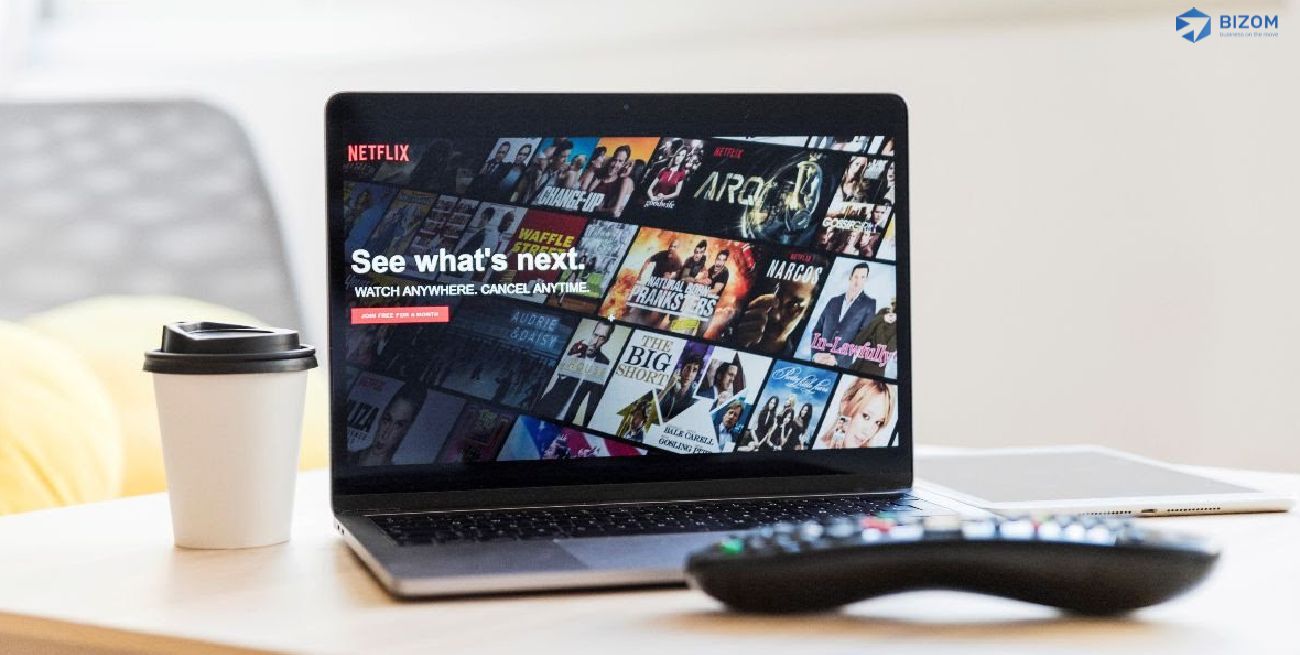The effect of ILWOO’s coffee date & what Netflix can teach FMCG
by Rituparna Nath
July 15, 2021 | 01 min read
Share:

Ilwoo is a guy you might never have heard of. But Ilwoo did something that made the world go gaga last year. Jung Il-woo is a South Korean actor who streamed a video of himself last year, dining in a restaurant in Macau and drinking coffee.
The video which shows the making of the dish iced coffee soon resulted in millions of netizens whipping coffee in their kitchens, to create the famous Dalgona coffee. The recipe topped charts in Google search trends in 2020, with social media feeds buzzing with happy home chefs posting their take on the trend.
Ilwoo had no idea of the ripple effect his vlog would bring in, but he wasn’t the only one clueless. While Google told e-commerce sellers where the searchers came from, retail sellers took a long time to tap into the opportunity. Coffee parlors expanded their virtual footprint and drove profits with home deliveries. But the biggest FMCG brands which were creating those coffee sachets didn’t know for a long time where to place their stocks in order to gain maximum revenue.
It’s a little crazy to think of, but it is a reality. If you ask a customer to tell you if they like a product, they can say it in a couple of minutes just by trying it out. But for FMCG brands to know their markets and consumers, it takes a long time.
This happens due to the lack of a trustable source of truth which compels marketers to turn to Google to understand the pulse of the market. This gives half-baked insights to the retail salesmen because data is based on the searches made online.
To accurately understand market movements in offline trade, brands need a solution built on a network of the members in the supply chain, starting from the manufacturer to the consumer, making it possible to pull the most accurate data.
Netflix is one such brand that has plummeted to profitability using this strategy. The company did not stop at Google for outcome-driven analytics. Its own search engine helped bring in the truest source of data making the brand capable of growing product usability even at a premium price.
Netflix didn’t become a household name because of the variety of series and movies it hosts but because of the relevant varieties of movies and series, it shows each user. Netflix’s unique recommendation system understands a user’s search behavior and shows relevant topics ensuring the user continues binge-watching its content.
Similarly, for FMCG brands, Google cannot be the universal source of truth, and neither is it wise to wait for weekly and monthly reports to derive what actions to take.
That was the plight of beverage brands when the Dalgona coffee hype emerged. They should have focused on the regions where people were making Dalgona coffee. Instead, they relied on Google to show where people were searching for “Dalgona coffee”. This very small difference in digital strategy was an opportunity lost in making enormous profits.
With Bizom’s Eagle Eye, we aim to ensure that brands never lose such opportunities. True to its name, Eagle Eye makes intelligent retailing a reality. The solution has been designed to help FMCG companies get the right set of data at the right time, which can help them drive outcomes rather than just summarize and visualize data to create reports and presentations.
Bizom’s Eagle Eye brings actionable insights to FMCG salesmen to help them unravel unknown growth opportunities and stay ahead of the curve.
Get in touch with us at marketing@mobisy.com for a free demo of our Eagle Eye solution.



